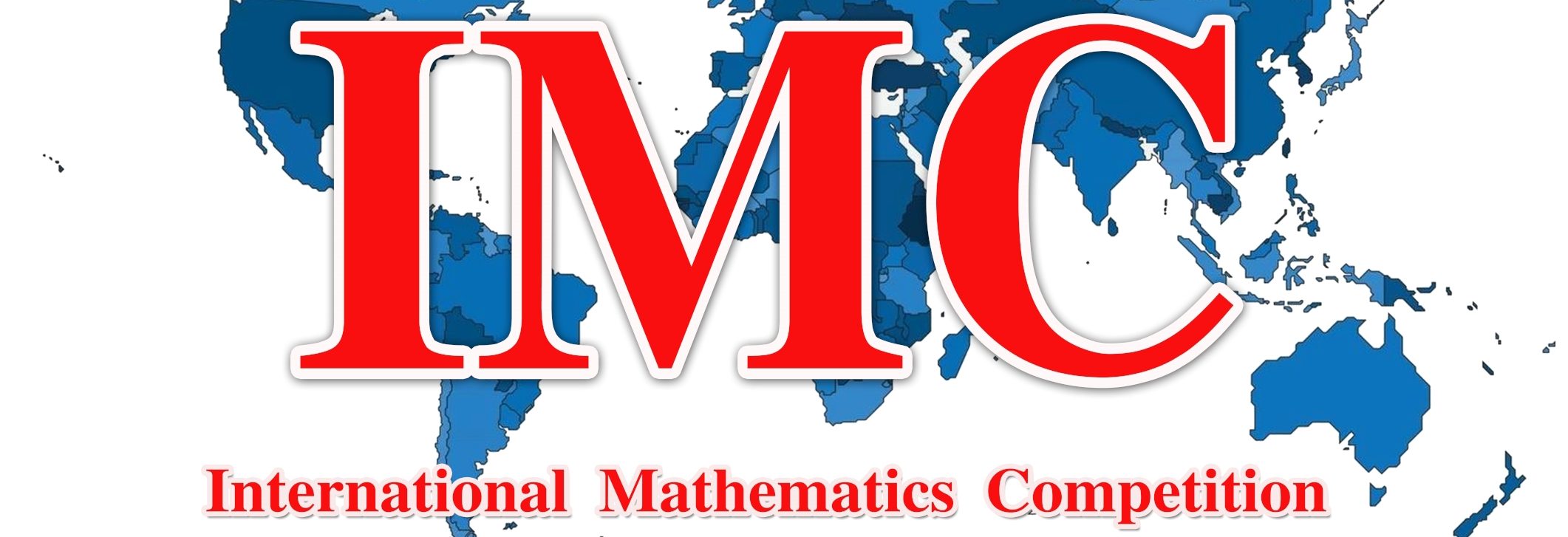Guidelines
1. Objectives
- To organize an international mathematics competition for key stage II (upper primary education) and key stage III (lower secondary education) students;
- To motivate teachers and students to improve the teaching and learning of mathematics and high-order thinking skills;
- To establish networks of cooperation for the improvement of international mathematics;
- To provide students with opportunities to exchange mathematics knowledge and practice and engage in cultural experiences in participating cities and countries;
- To raise the school mathematics curriculum to international standards; and
- To provide mathematics teachers and parents of gifted students an international forum to exchange best practice ideas and experience in the teaching of mathematics.
2. Divisions of Competition
Key Stage II Division (Upper Primary Education)
Key Stage III Division (Lower Secondary Education)
3. Qualifications of Participants
- Participants must have the following qualifications:
- Key Stage II: Participants must meet the following two conditions:
- Students must not be enrolled in the secondary schools or in any equivalent institutions; and
- Students must have been born on or after 25 July 1998.
- Key Stage III: Participants must meet the following two conditions:
- Students must not be enrolled in the upper secondary education or in any equivalent institutions;
- Students must have been born on or after 25 July 1995.
4. Participation and Application
Participation in the competition is by invitation. Any invited city or country may put forward up to 2 teams to participate in each division. Each team may comprise a maximum of 6 members: a team leader, a deputy leader, and 4 students, except these countries: Bulgaria, China, Hong Kong, India, Indonesia, Macau, Malaysia, Nepal, Philippines, South Africa, South Korea and Thailand, whose status as former or soon-to-be hosts of the IMC activities allows them to send four teams to participate in each division.
5. Types of Contest
There will be two kinds of contest in each division namely an individual contest and team contests. It is necessary for all participants to take part in both contests as well as the other scheduled activities.
6. Competition papers
The participating country must send ten proposed problems, using Word files written in English, for the Key Stage II contest and the Key Stage III contest; that is, 5 for the individual contest and another 5 for the team contest. These need to be sent to the IMC 2012 Committee via e-mail ccmp@seed.net.tw on or before 30 May 2012 for consideration and preparation of competition papers. The team leaders must avoid using the exact proposed problems that they submit to the organizers in training their contestants. The contest papers may be translated into one’s native language on 24 July 2012, after the opening ceremony.
7. Awards and Prizes
Individual Award: gold, silver, bronze medals and Merit Certificate. Approximately two-thirds of the contestants will receive Individual Awards, in the form of Gold, Silver and Bronze Medals as well as merit certificate, in approximately the ratio 1:2:3:4.
Group Award: champion, 1st and 2nd runner-up trophies The highest score of the three contestants in each team for Individual Contest will be summed up. Prizes will be award to the top teams with the highest scores of each group in the form of one Champion, two 1st runner-up and three 2nd runner-up. If there is a tie, the team whose 4th contestant scores with higher marks in the Individual Contest will win.
Team Award: champion, 1st and 2nd runner-up trophies In the team contest, the total score of all contestants in each team is considered the team score. The teams are first ranked by their total scores. Ties are broken according to the scores of individual problems, starting with the most difficult one. Prizes will be given to one Champion, two 1st runner-up and three 2nd runner-up of different groups. Grouping will be done through drawing of lots.
Overall Award: Grand Champion, 1st and 2nd runner-up trophies The Overall Prize is awarded according to the sum of the four team members’ score in the Individual Contest, and of the team’s score in the Team Contest. The maximum score is 4×150+400=1000 (for EMIC) and 4×120+400=880 (for IWYMIC). Second and Third Prizes are also awarded.
